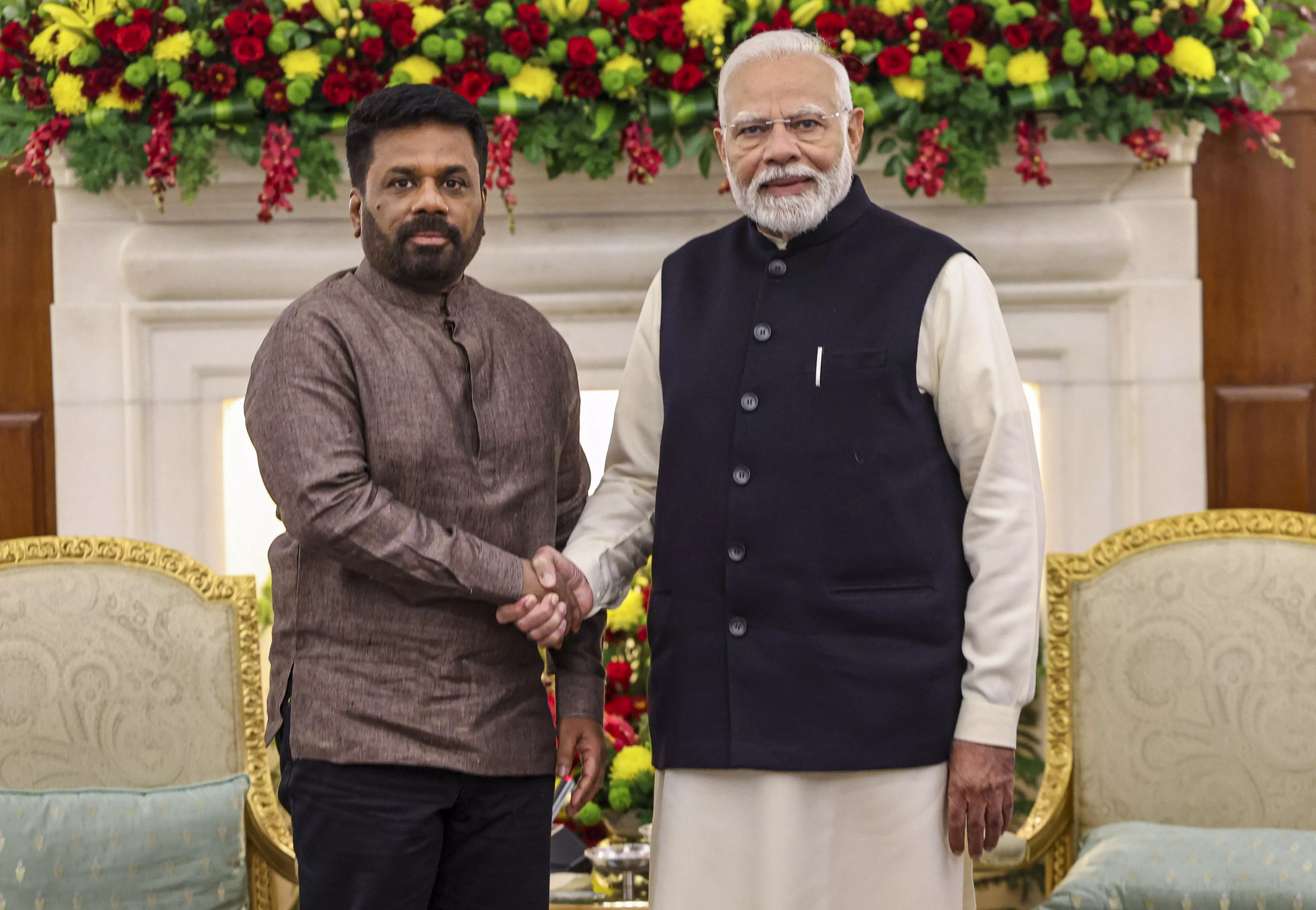
After a meeting between Sri Lankan President Anura Kumara Dissanayake and Prime Minister Narendra Modi went awry, all signs are pointing to a major foreign policy victory for India. Far from the days when Sri Lankan leaders viewed India with suspicion and willingly went into Chinese arms to pay reparations, there was genuine warmth in the new president who chose New Delhi as his first foreign trip. Beijing.
As the economy reeled from the bitter experience of the post-Covid crisis, Sri Lanka was looking for change, moving away from old, dynastic and family-led political parties and embracing an entirely new leadership. The island nation may have learned who its true friends are, though the realization may have come as a harsh lesson.
The new direction to move away from China and restore old civilizational ties with India may have come not only from a change in leadership, but also from the reality of India’s access to its neighbor-first foreign policy, not to forget over $5 billion in aid. To overcome the recession in what was the worst economic crisis in the island’s modern history.
Sri Lanka’s assurances that Sri Lankan territory would not be used against India would not affect Sri Lanka’s security came as sweet music to Indian ears, when Rajapaksa flirted with China and the debt trap ended in the garden. The island is signing rights to the Hambantota port. Chinese naval vessels that were allowed free access to its ports for pit stops while on their spying missions will no longer have that smooth ride.
Despite the internal problems that China is currently facing, its influence with Sri Lanka will not go away considering the economic height of China. However, compared to Sri Lanka, India’s position has been freed from old baggage. India may not be able to compete with China in terms of offering funding but a range of promising deals on defense – apart from FTAs that will be driven by two national currencies – settlements on solar and wind hybrid energy and digital connectivity – will be prominent. initiatives.
India’s strategic shift from debt-driven models to investment-led partnerships is a key aspect of the diplomatic initiatives it is pursuing across countries in the Global South. The readiness with which it has decided to finalize the MoU on debt restructuring is also part of a measured investment to create a win-win situation for both countries.
A sticking point will be the plight of Tamil Nadu fishermen in search of better catches in Sri Lankan waters and their treatment at the hands of the Navy. The issue was raised along with Sri Lanka’s need to fulfill the aspirations of Sri Lankan Tamils.
No one expected that the leaders’ meeting would resolve the poaching and mechanized fishing of Indian fishermen in Sri Lankan waters. However, an improved approach to holistic relationships may lead to more acceptable outcomes. This year alone, 537 fishermen have been arrested. A diplomatic approach to the problem in more comprehensive talks with Sri Lanka could help New Delhi show that it values Chennai’s approach.